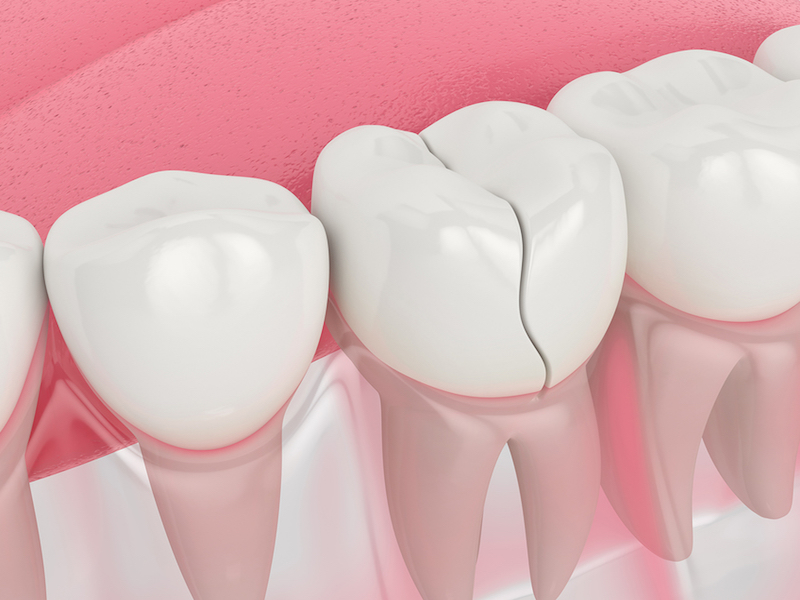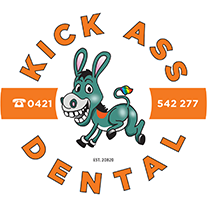How Long Can I Ignore Tooth Pain? The Consequences of Delaying Dental Care
Introduction
Tooth pain can be an uncomfortable and distressing experience, and it’s something that many people may try to ignore or put off addressing. Whether it’s a sharp twinge when biting down or a constant, throbbing ache, tooth pain is often a sign of an underlying dental issue that requires attention. Ignoring tooth pain may seem like an easy solution, especially if you have a busy schedule or dental anxiety, but doing so can have serious consequences for your oral health and overall well-being.
Understanding Tooth Pain
Tooth pain can be caused by various factors, and it’s crucial to understand the potential underlying issues to recognize the importance of addressing it promptly.
Tooth Decay: One of the most common causes of tooth pain is dental caries, commonly known as cavities. When plaque and bacteria accumulate on the tooth’s surface, they produce acids that erode the enamel, leading to cavities. Initially, the pain may be mild, but if left untreated, it can worsen and result in more severe discomfort.
Dental Abscess: An abscess is a pocket of pus that forms due to a bacterial infection. It can develop at the tooth’s root or between the gums and the tooth. Abscesses are often accompanied by intense pain, swelling, and a bad taste in the mouth. Ignoring a dental abscess can lead to serious complications, such as the spread of infection to other parts of the body.

Gum Disease: Tooth pain can also be a symptom of gum disease, which is caused by the buildup of plaque along the gumline. As gum disease progresses, it can lead to gum recession, bone loss, and tooth sensitivity. Left untreated, gum disease can result in tooth loss and impact overall oral health.
Bruxism: Teeth grinding or clenching, known as bruxism, can cause tooth pain and jaw discomfort. Over time, bruxism can wear down the enamel, leading to increased tooth sensitivity and even cracked or fractured teeth.
The Temptation to Ignore Tooth Pain
Ignoring tooth pain can be tempting for various reasons:
Fear of the Dentist: Dental anxiety is a real concern for many people, causing them to avoid seeking dental care even when experiencing pain. However, modern dentistry offers various techniques and options to help patients feel more comfortable during dental procedures. https://kickassdental.com.au/dentist-in-croydon/
Time Constraints: Busy schedules can make it challenging to prioritize dental appointments. However, neglecting dental pain can result in more extensive treatments later on, potentially requiring even more time off from work or daily activities.
Cost Concerns: Some individuals may postpone dental visits due to financial worries. While dental treatments can be an investment, addressing dental issues early can prevent more significant expenses down the road.
The Consequences of Ignoring Tooth Pain
Delaying dental care and ignoring tooth pain can have severe consequences:
Worsening Pain: Tooth pain rarely goes away on its own. In fact, it tends to worsen over time as the underlying issue progresses. What might start as a mild ache could eventually become an unbearable agony.
Spread of Infection: In the case of dental abscesses or severe decay, the infection can spread to the surrounding tissues and bones. This can lead to more extensive treatments, hospitalization, and even life-threatening complications if the infection enters the bloodstream.
Tooth Loss: Ignoring tooth pain caused by decay or gum disease can result in tooth loss. Missing teeth can lead to difficulties in chewing, speech problems, and a negative impact on self-confidence.

Impact on Overall Health: Oral health is closely connected to overall health. Untreated dental issues have been linked to various systemic health problems, including cardiovascular disease, diabetes complications, and respiratory infections.
When to Seek Dental Care
To protect your oral health and well-being, it’s essential to address tooth pain promptly. Here are some guidelines on when to seek dental care:
Persistent or Intense Pain: If you experience persistent tooth pain that lasts for more than a day or is intense, don’t ignore it. Schedule a dental appointment as soon as possible to identify the cause and receive appropriate treatment.
Tooth Sensitivity: Sudden or increased tooth sensitivity to hot, cold, sweet, or acidic foods and beverages can indicate underlying dental issues. Don’t dismiss this sensitivity as it may be a sign of tooth decay or enamel erosion.
Swelling or Abscess: Swelling around the gums or face, along with a bad taste in the mouth, could indicate a dental abscess. Seek immediate dental care to prevent the spread of infection.
Loose or Chipped Tooth: If you notice a loose or chipped tooth, don’t delay seeking dental attention. A damaged tooth is susceptible to infection and further damage.
Conclusion
Ignoring tooth pain is a risky decision that can lead to severe consequences for your oral health and overall well-being. Dental issues rarely resolve on their own and tend to worsen over time, making early intervention crucial. Overcoming dental anxiety, finding time in your schedule, and seeking financial options can help make dental care more accessible. Prioritizing regular dental check-ups and addressing tooth pain promptly will not only alleviate discomfort but also safeguard your smile for years to come.
Remember, your dental health is an essential part of your overall health, and seeking professional care at the first sign of tooth pain is always the best course of action. Don’t let fear, time constraints, or financial worries prevent you from taking care of your teeth and well-being.





